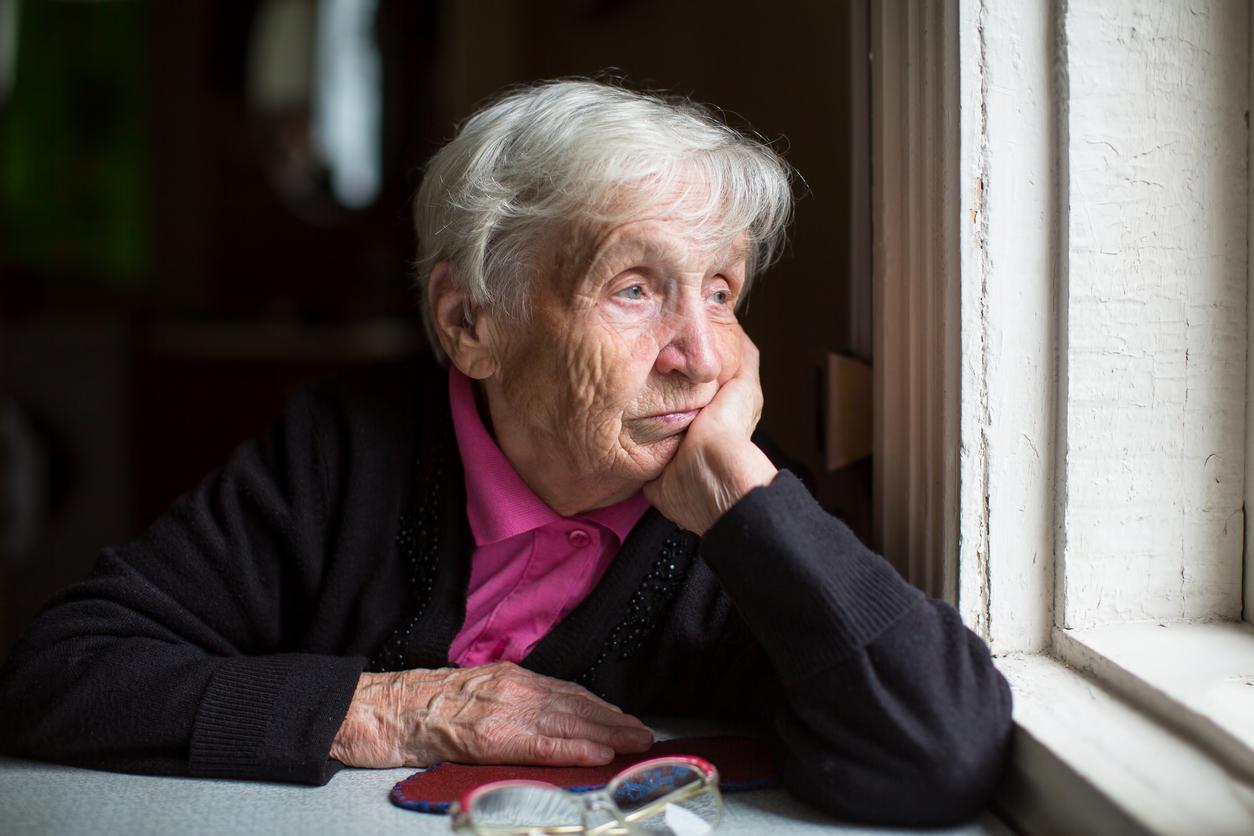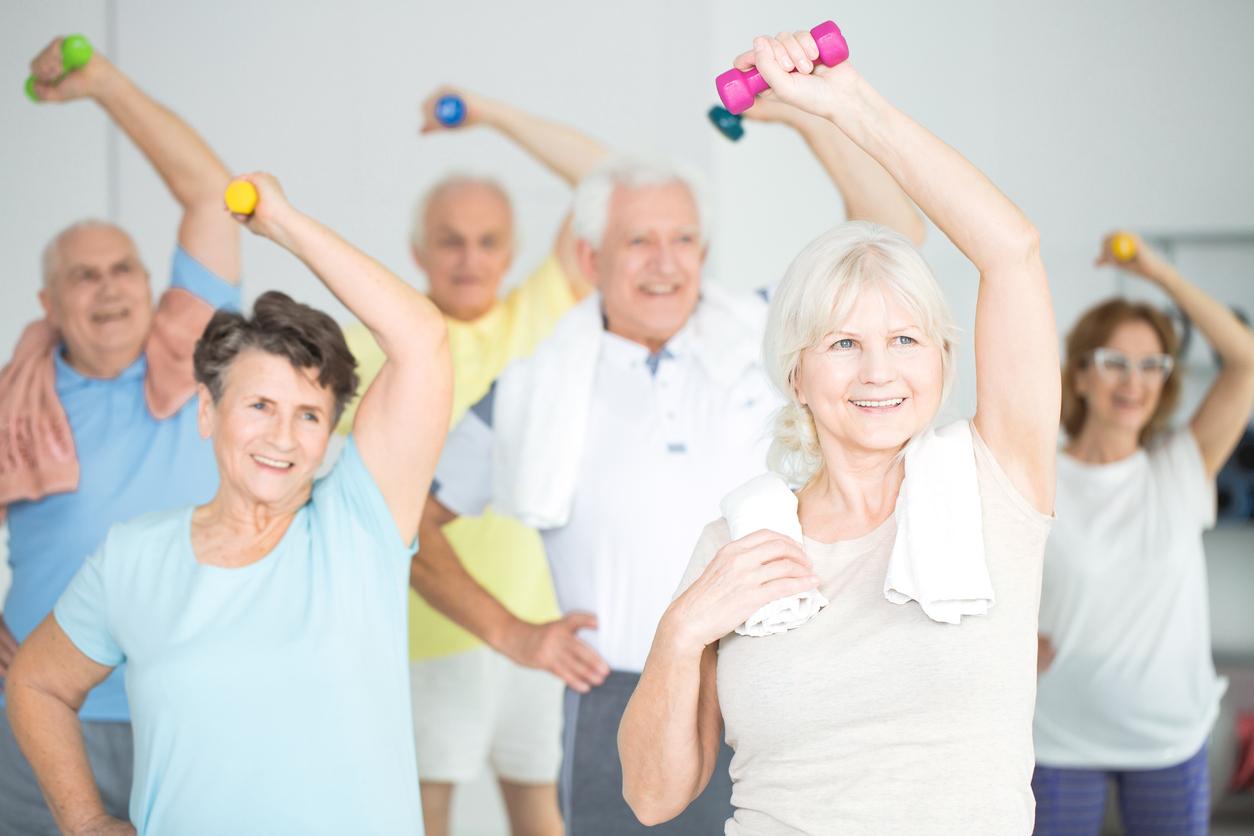The sun was slow to appear this summer. The first to suffer from this capricious weather, morale and especially the elderly who need more than others to fill up with vitamin D. An essential vitamin for having good bones and good muscles. Underexposure to the sun can cause vitamin D deficiency because it is the sun’s rays that allow the body to synthesize it.
A vitamin D deficiency increases the risk ofosteoporosis and therefore fractures. Worse, deficient elderly people increase their risk of death by 30% compared to elderly people with a good level of vitamin D, according to a new study from Oregon State University. A danger that would especially threaten so-called “fragile” seniors with a risk of mortality that is twice as high as that of healthy people. Researchers describe as “fragile” a person with reduced physical abilities, and who meets at least three of the following criteria: weakened muscles, slow walking, exhaustion, involuntary weight loss and decline in physical activity.
Vitamin D: 15 minutes of sun per day
US researchers looked at data from a nationwide survey of more than 4,300 adults over the age of 60. This study is the first to measure the combined effect of a lack of vitamin D on frailty in the elderly. And raises the question of prevention with “pre-fragile” people, those who meet two of the five criteria set out above.
“We need to develop interventions with vulnerable groups, who could live longer and more independently if they adopted an adapted diet and exercised”, explains the Times of India Ellen Smit, the study director.
Where to find vitamin D? Knowing that the sun meets 80 to 90% of our vitamin D needs, it is best to expose yourself to the sun for 10 to 15 minutes every day between 11 a.m. and 2 p.m. That’s enough for an adult. It can also be found in food, in butter, cow’s milk, whole dairy products, eggs, fatty fish (salmon, tuna, trout).
Who needs it most? The elderly, considered to be most at risk because they produce less vitamin D, degrade it faster and are less exposed to the sun. Obese people also often have vitamin D deficiencies.
More broadly, many of us would need a cure for vitamin D: a study by the Institute for Health Surveillance published last April revealed that more than four out of ten French people (42%) have a moderate to severe vitamin D deficiency.
















